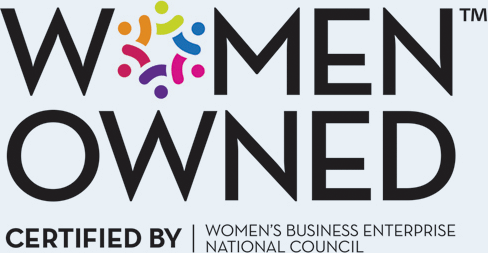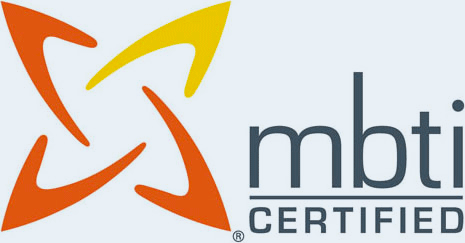Effective conflict resolution is essential for team success, yet so many organizations often struggle to have healthy discussions about important issues. Understanding some of the key obstacles that prevent productive conflict can help teams have the important and sometimes difficult conversations that create the meaningful solutions they need.
The Four Key Barriers
In his bestselling book “The Five Dysfunctions of a Team” (2002) and follow-up work “Overcoming the Five Dysfunctions of a Team” (2005), Patrick Lencioni provides a practical framework for understanding the four categories of barriers that get in the way of productive conflict: informational gaps, environmental factors, relationship dynamics, and individual differences.
🧩 Informational Gaps
Team members often operate from different sets of “facts” based on their unique perspectives and experiences. What seems clear to one person might be interpreted completely differently by another. These informational gaps pop up when team members work in different departments and can’t see each other’s challenges, when some people know the history of a situation while others don’t, or when technical knowledge varies widely among the team, creating fundamentally different understandings of the same situation.
🏢 Environmental Factors
The physical setting can really impact how comfortable people feel diving into difficult conversations. Whether it’s a cramped conference room or a quick chat in the hallway, the environment matters. Other environmental barriers include rushed meetings that don’t allow enough time for important discussions, technology glitches during virtual meetings that create frustration, or open office spaces that make it hard to have private conversations when sensitive topics come up. Even seemingly small things like uncomfortable chairs or poor lighting can subtly discourage the focus needed for meaningful conflict.
👥 Relationship Dynamics
When team members need to discuss issues across hierarchical levels, there’s often hesitation and power dynamics that get in the way of honest conversation. Past conflicts that went south can make team members reluctant to speak up again, especially if they felt attacked or dismissed. Friendships outside work can sometimes make people avoid necessary professional disagreement – nobody wants to risk damaging a valued relationship. Plus, cultural or generational differences in how people view authority and conflict can significantly influence how comfortable team members feel challenging ideas.
🧠 Individual Differences
Some team members love detailed analysis and structured processes, while others prefer big-picture thinking and flexible approaches. These differences extend to how people communicate too—some process ideas by talking them through, while others need quiet reflection time before sharing thoughts. People also have different comfort levels with emotional expression during conflict, with some team members perfectly comfortable with passionate debate while others find it overwhelming or unprofessional.
Moving Forward
The goal is to get conversations to a place where the actual issue becomes the focus, rather than these surrounding obstacles. Teams that recognize these barriers are better equipped to:
When teams acknowledge these obstacles openly, they can work proactively to minimize their impact and create an environment where healthy conflict leads to better outcomes and stronger working relationships. The path to a truly cohesive team runs right through productive conflict—not around it.
Ready to Strengthen Your Team’s Conflict Management Skills?
At Clarus, we specialize in supporting teams and leaders to develop effective conflict management strategies that address these hidden obstacles. Our tailored programs help organizations transform conflict from a source of tension into a catalyst for innovation and growth.
Don’t let hidden barriers continue to block your team’s potential. Reach out to Clarus today to learn how we can partner with you to build a culture of productive conflict that drives meaningful results.



© 2025 Clarus Consulting Group. Site Design by Brand Neue Co.